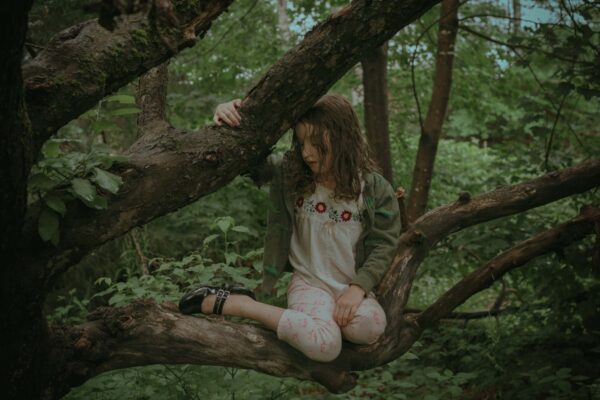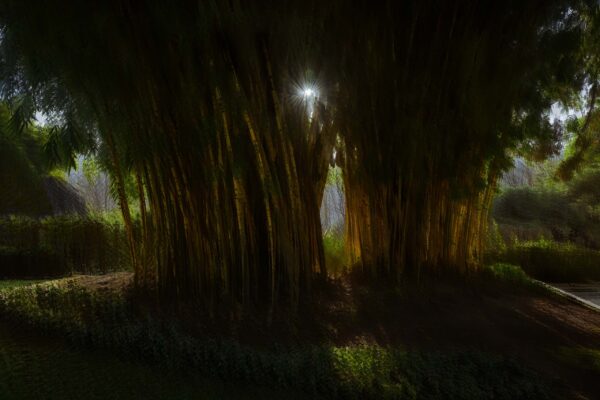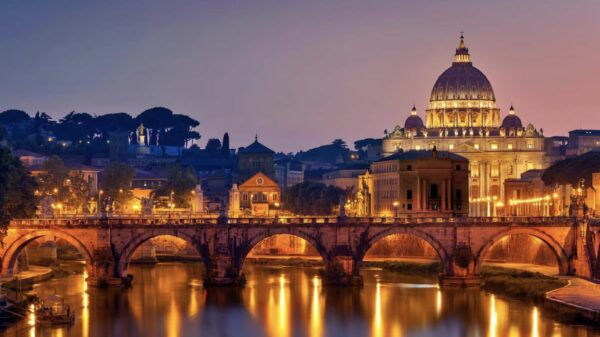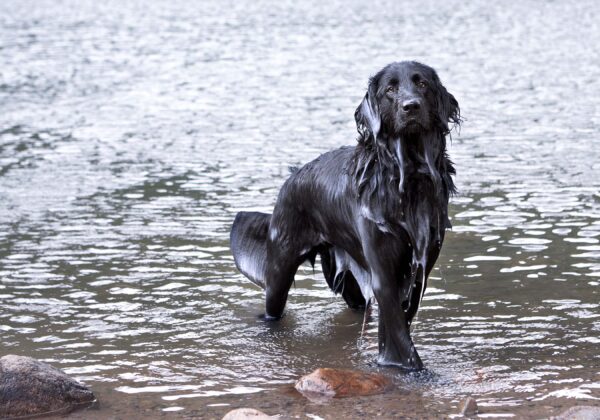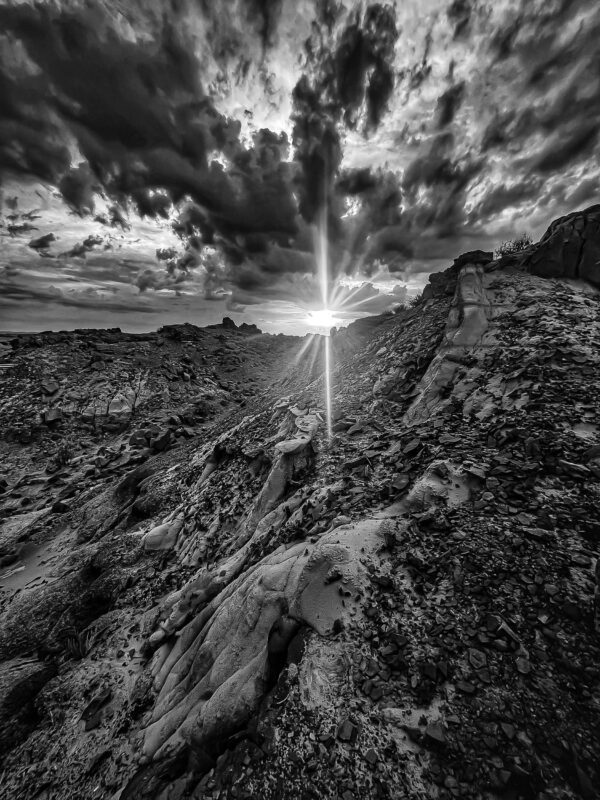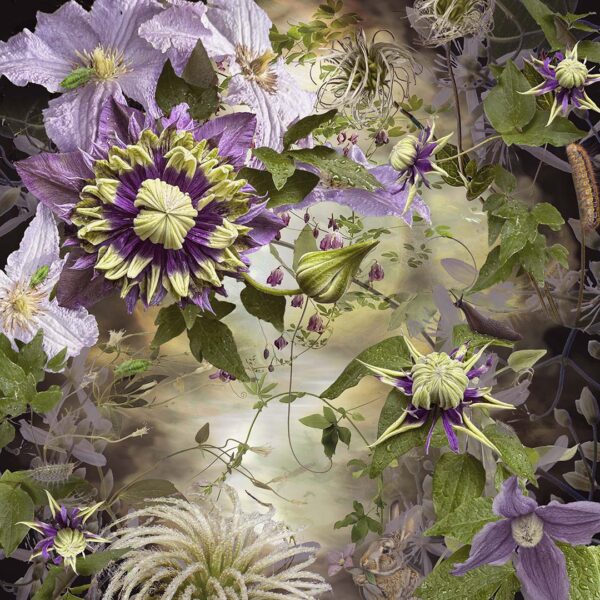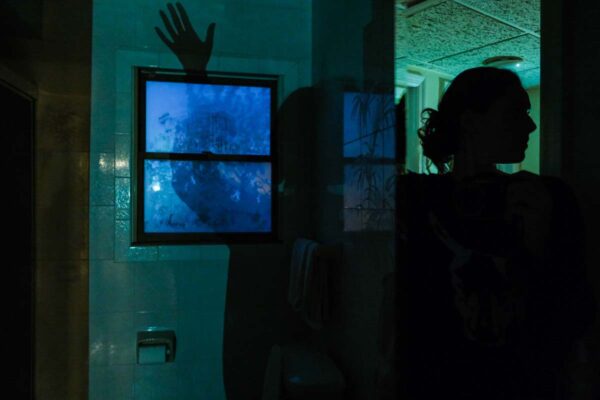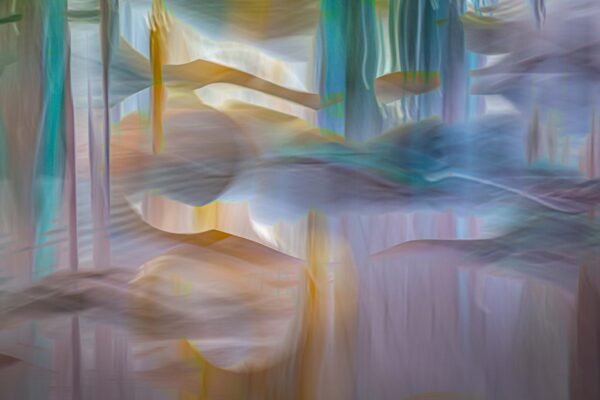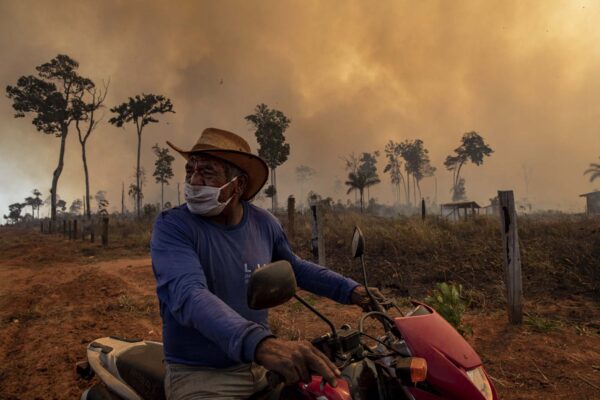Photographic Haiku
with M. H. Rubin
January 6 – 23, 2025
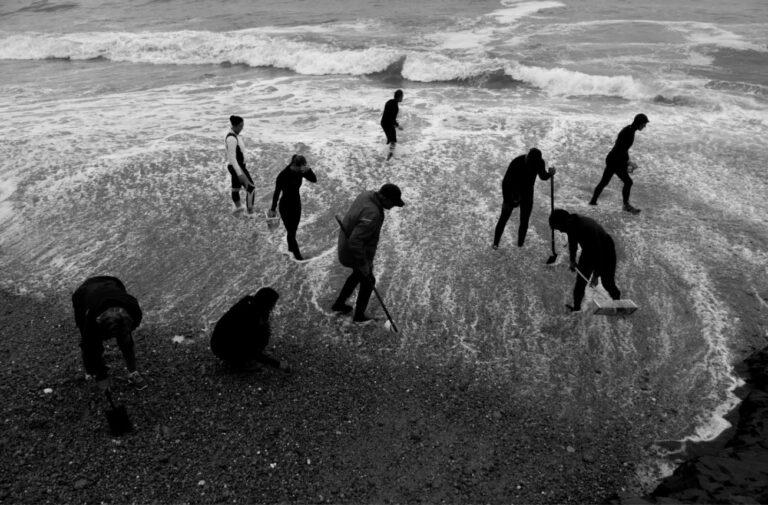
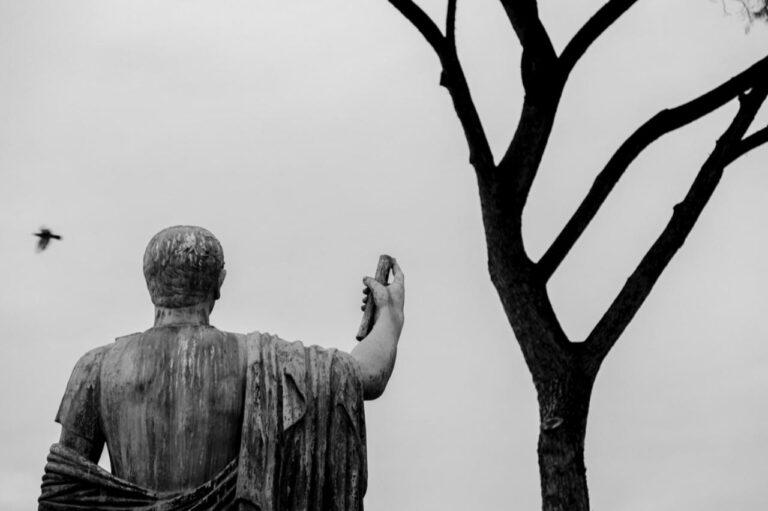
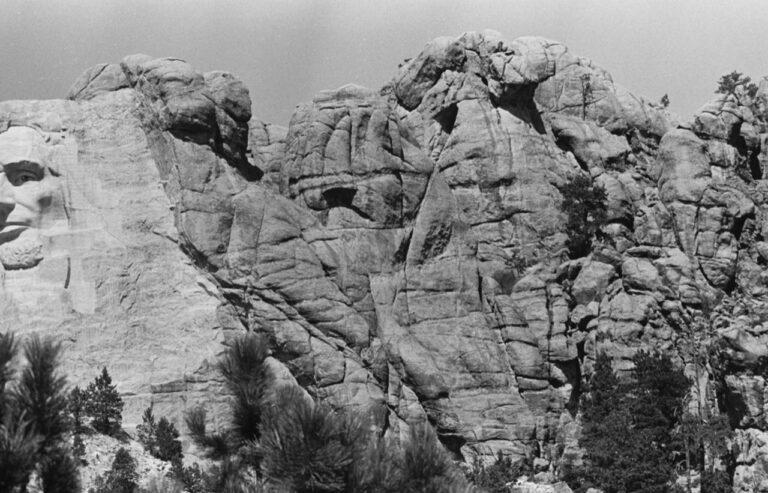
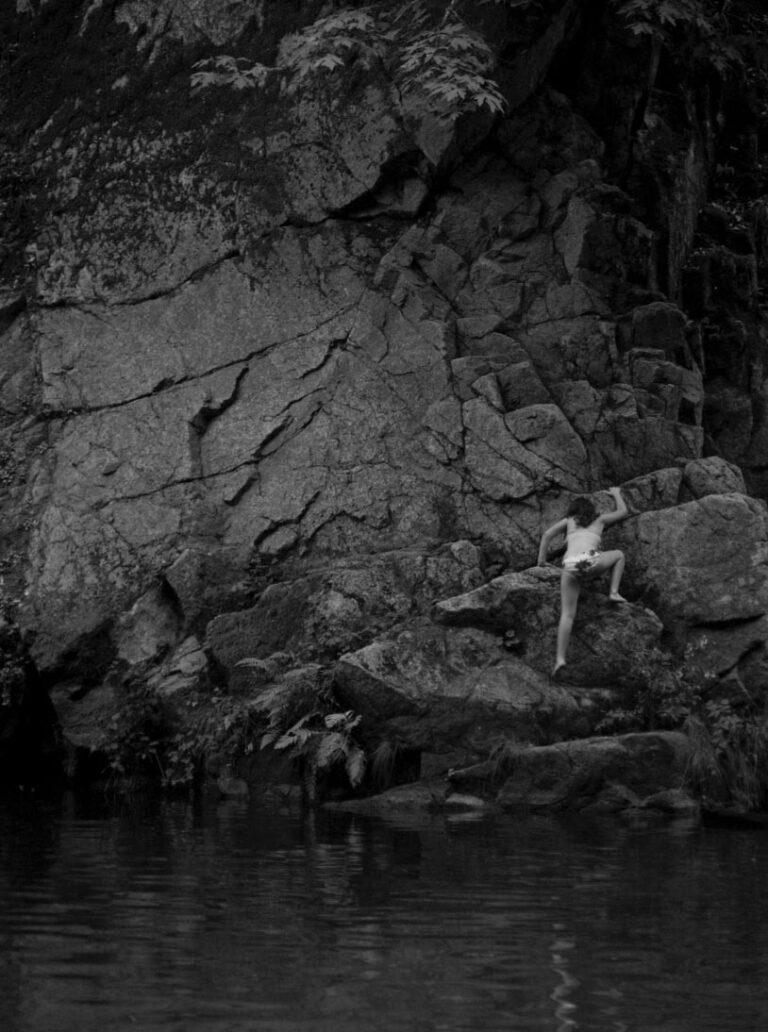
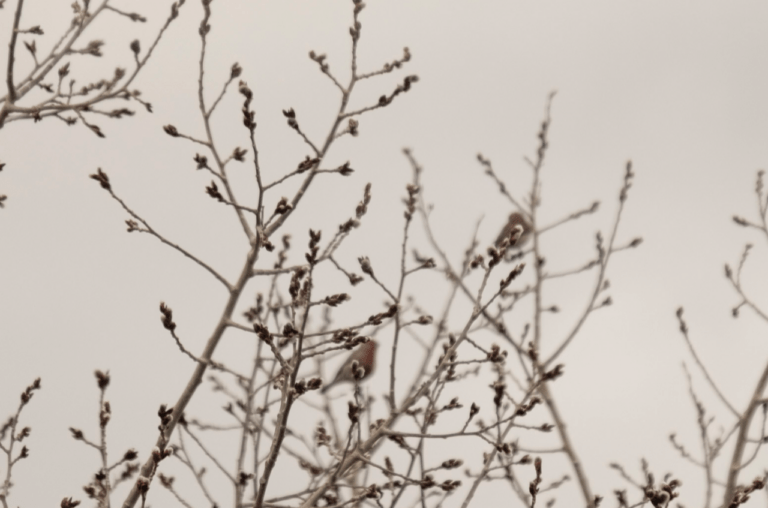
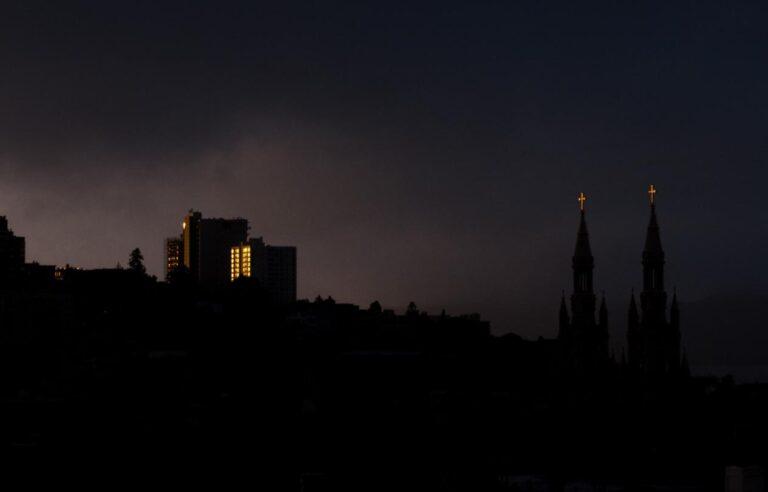
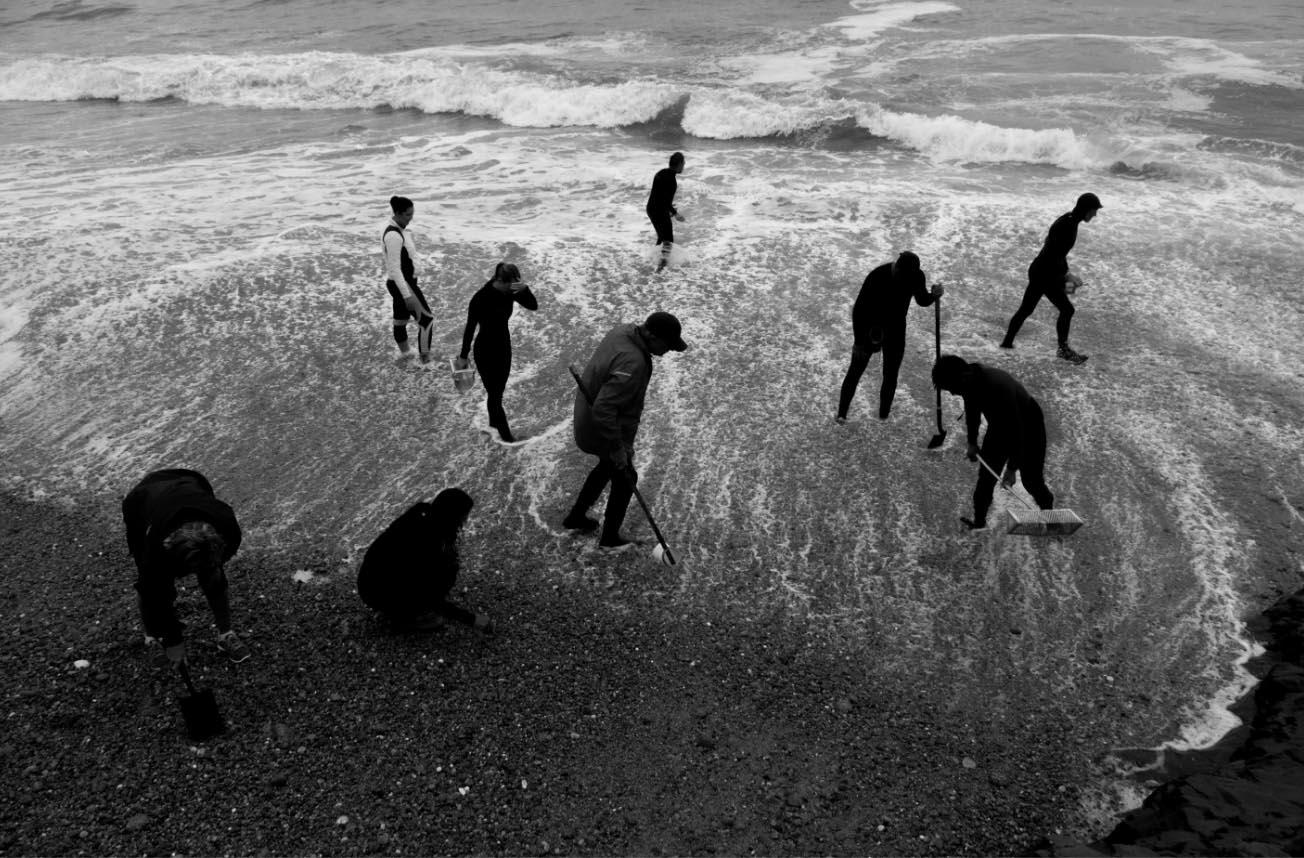
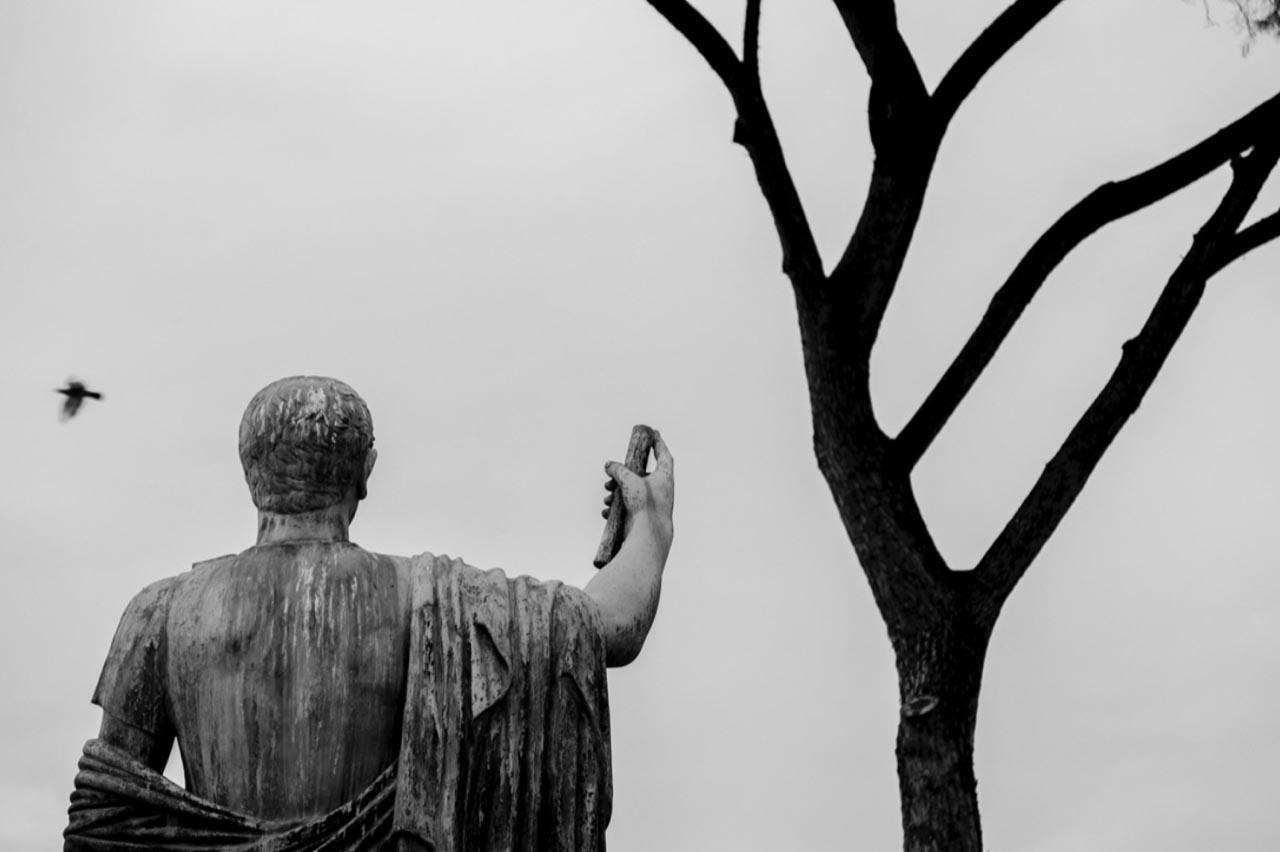
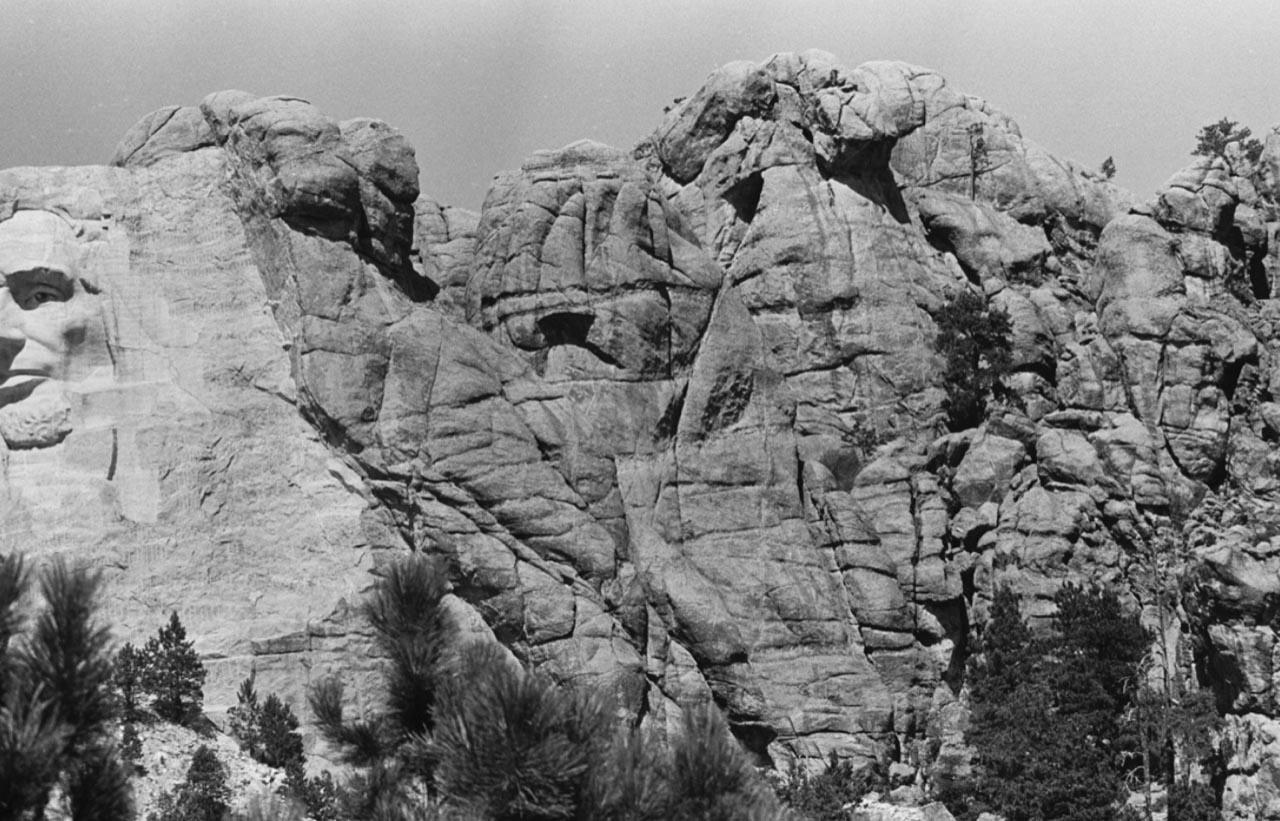
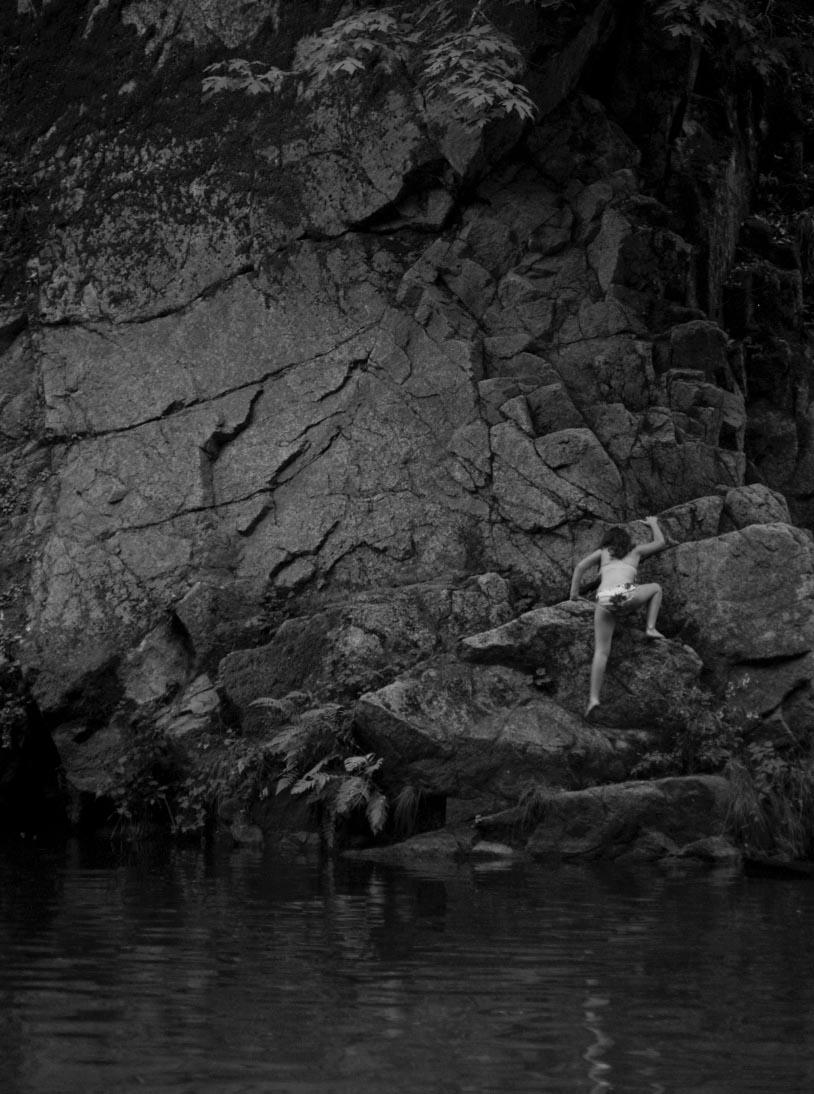
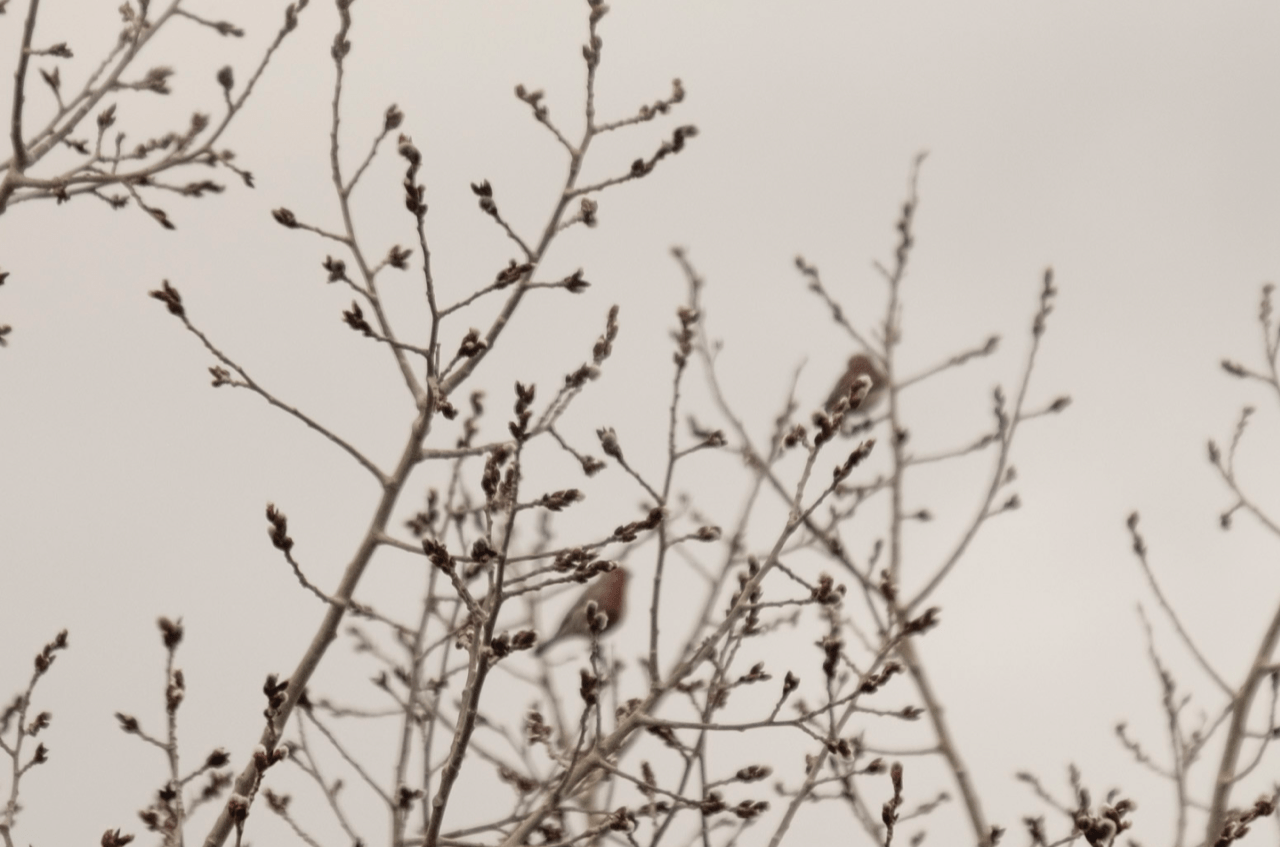
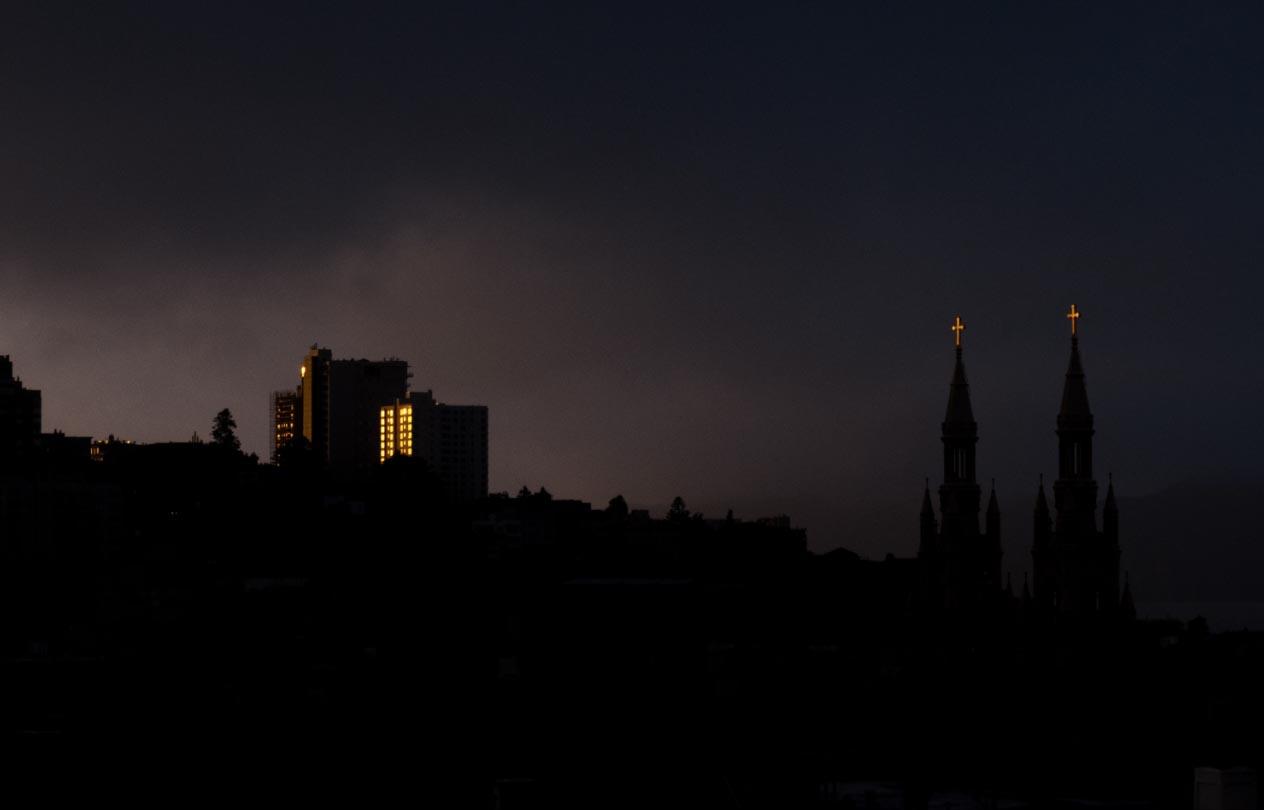






Course Description
Welcome to a novel approach to dynamic composition, storytelling, and photographic poetry. About a decade ago Michael Rubin began referring to his photos as “haiku,” but as he studied haiku more deeply, he found that the principles of this poetic form aligned to his own picture aesthetics, and made for something both inspiring and teachable.
In this workshop, Rubin uses examples from his own work in combination with numerous historic works from Adams, Tice, Callahan, Kertesz, Erwitt, Weston, and dozens of others. Additionally, the course draws on the creative and aesthetic principles inherent in haiku (poetry), ikebana (flower arranging), enso (calligraphy), kintsugi (ceramic repair), origami (paper folding), and bonsai (miniature trees). Taken together, they are Zen arts and a powerful philosophy that can support photographic growth. This approach also speaks to capturing “the decisive moment,” as Cartier-Bresson described, which we will explore throughout. Using these historic photos and classical artforms as our foundation, participants craft beautiful, creative, and interesting images from our daily lives that stand alone—more or less the way that modernists approached picture-taking in the 20th century (whether they realized it or not).
“Haiku photography” is not placid and pictorial. It moves us beyond still-life photography and into a new way to think about structure and content that is dynamic, challenging, and appropriate for anyone at any skill level. For beginners it’s a better way to learn composition than the rule of thirds. For experienced photographers it’s a way to play and evolve. It’s a new poetic form.
This real-world composition workshop is not about pursuing a meditative state, and we are not using photography to explore Zen. We do just the opposite—discovering how the ideas from the Zen arts can help us make better pictures, measure our successes, and enjoy photography more.
Additional Information
WHO SHOULD ATTEND:
What You Should Know:
Working knowledge of digital workflow. Participants must be able to download and select images using image editing software for class sessions.
Special Notes:
Class will meet 9:30 – 11:30 am (Mountain Time) on Mondays and Thursdays starting January 6 and ending January 23 (six online group sessions). Enrollment is limited to 12 participants.
Zoom Video Conferencing software (available for no charge from Zoom.com) will be used to facilitate the class sessions. Further details will be emailed to registrants.
Santa Fe Workshops always aims to produce a high-quality experience for our online attendees. That said, variables including regional and local internet provider speeds, traffic on Zoom's servers, and your own computing hardware can contribute to a less than ideal streaming event. While we do our best to minimize the impact of these variables, they are outside the control of Santa Fe Workshops.
Policies:
View Withdrawal and Transfer Policies for online programs.
For the convenience of participants, recordings of each class session are posted privately for one month after the end of each session. Santa Fe Workshops takes the recordings down after one month to protect the intellectual property of our instructors.
Categories
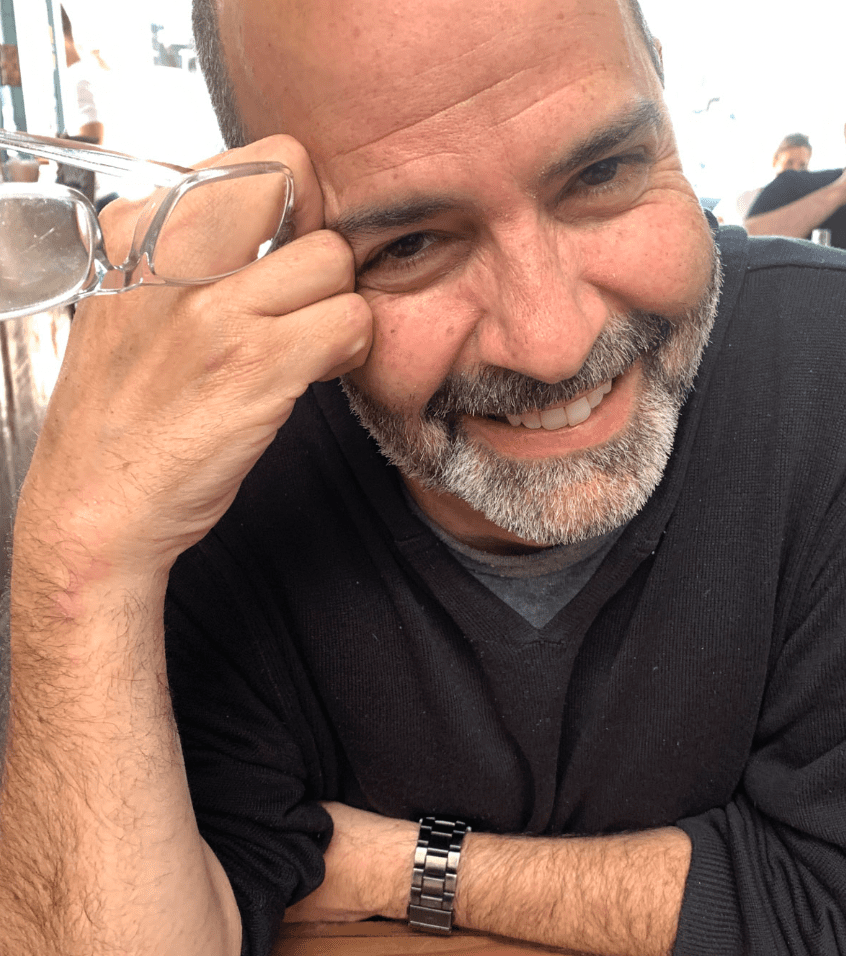
about
M. H. Rubin has been a photographer and collector for more than 40 years, recently relocated to Santa Fe after decades in the Bay Area. As a young protégé of Jerry Uelsmann, he began by creating images that were surreal. Over time he developed a practice that was “pure seeing” and unmanipulated. Today Rubin embraces the passion of the amateur and evangelizes photographic exploration for everyone. He manages a large photo collection of classical 20th-century works, always incorporated into his workshops, and has spent the past years developing this new curriculum in photographic education. His book The Photograph as Haiku was released in 2023.
Concurrent with photography, he has had an entrepreneurial career that has spanned industries such as publishing, consumer retail, entertainment media, and technology. Career highlights include Lucasfilm, Netflix, and Adobe. He has had editing and post-production roles on numerous television and movie projects, including the miniseries “Lonesome Dove,” and the Bertolucci feature “The Sheltering Sky.”
Rubin has a degree in neuroscience from Brown University. He is a colorful storyteller and entertaining educator, the author of hundreds of essays, and a dozen books primarily on filmmaking—including a history of Lucasfilm and Pixar, Droidmaker: George Lucas and the Digital Revolution.
Website: byrubin.com
Medium: neomodern.medium.com
Instagram: @droidmaker

